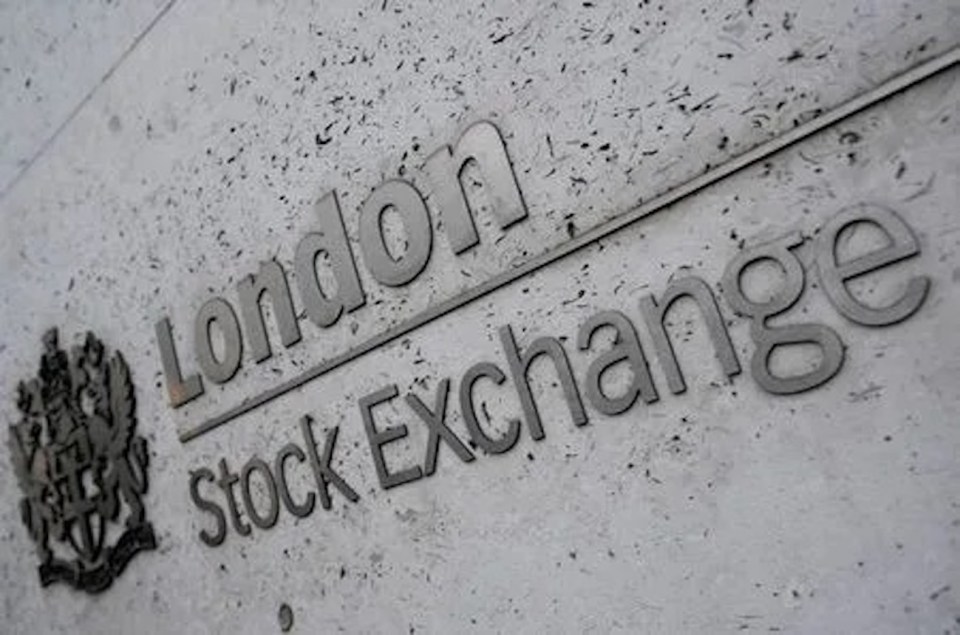A chief exec pay boost won’t make up for ministers failing to stick up for scale-up firms

Adding an extra zero onto chief executives’ salaries won’t restore the London Stock Exchange to its former glory as long as we’re failing to nurture our scale-ups who go hunting for global capital, writes Simon Neville.
Good news. The problem over why so few businesses are choosing to join the London Stock Exchange has been solved.
All we need to do is stop paying chief executives of listed businesses excessive salaries and pay them obscene ones instead, according to a new survey of London-listed directors.
Whilst I’m sure most were shocked to find a group of senior business leaders, when asked, said they wanted more money, I’m more surprised the LSE’s head honchos somehow agree with this view.
Back in May, the LSE Group’s chief executive Julia Hoggett made the same argument by claiming the UK is behind “global benchmarks” when it comes to executive remuneration.
She believes a level playing field is required to compete with the US, where the average chief executive salary was $15m (£11.7m) for a Fortune 500 firm versus the UK’s paltry £3.4m average for a FTSE 100 boss.
I struggle to understand how adding an extra zero to the end of a London-listed chief’s payslip would solve the problem of why US-listed Apple remains a bigger business by market cap ($3tn) than the entire FTSE 100 list of businesses combined ($2tn).
But perhaps the LSE is taking a leaf out of the government’s playbook, with ministers hunting for easy wins and veering from policy to policy based on whatever story is on the front of the newspapers.
Another favourite of the government, when faced with making a decision, is to call for a review. As expected, the LSE is also in favour of such an approach with several reviews into the future of the market currently ongoing.
Over at the Financial Conduct Authority, they believe the route to a successful future for London listings is by relaxing regulations. Somehow this will be the catalyst to see more money pour in, despite the fact the US has been increasing its regulations in recent times – like banning Chinese-linked firms from listing there – and the FTSE’s junior stock market, AIM, continues to fight off the perception of being more akin to a casino than a gold-standard investment route.
So what, if anything, can the LSE do to genuinely encourage more companies to consider listing here?
I would start by looking at the way UK businesses are nurtured. Too often companies will secure seed funding in the early days and be heralded by ministers and others as future “global leaders” in their sector.
But once they scale up, many are left to their own devices and typically go globe-trotting for funding.
The funding for the bigger-than-a-start-up firm typically comes from outside the UK in part because of the UK government’s resistance to offer support for businesses who have passed the seed funding stage.
A mismatch emerges where investors will dip into their pocket but only if the government can vouch for the business.
Ministers are fearful to be seen “picking winners” and investors turn elsewhere to countries where other governments are willing to play the nationalism card.
But perhaps the biggest issue is more fundamental and looks at the entire premise that getting more companies to list on the stock market is the answer to all our problems.
Investment options today are vast. We live in a world where those with money can choose to put it to work across a whole host of products and services.
Businesses themselves no longer see listing with the same level of importance as they once did – with the added scrutiny attached – and the era of investors just buying shares in their favourite companies is long gone.
Ultimately, the incentives are just not worth it.
But until the LSE addresses the incentive deficit for investors, instead of apparent deficits in the pay of chief executives, nothing will change.